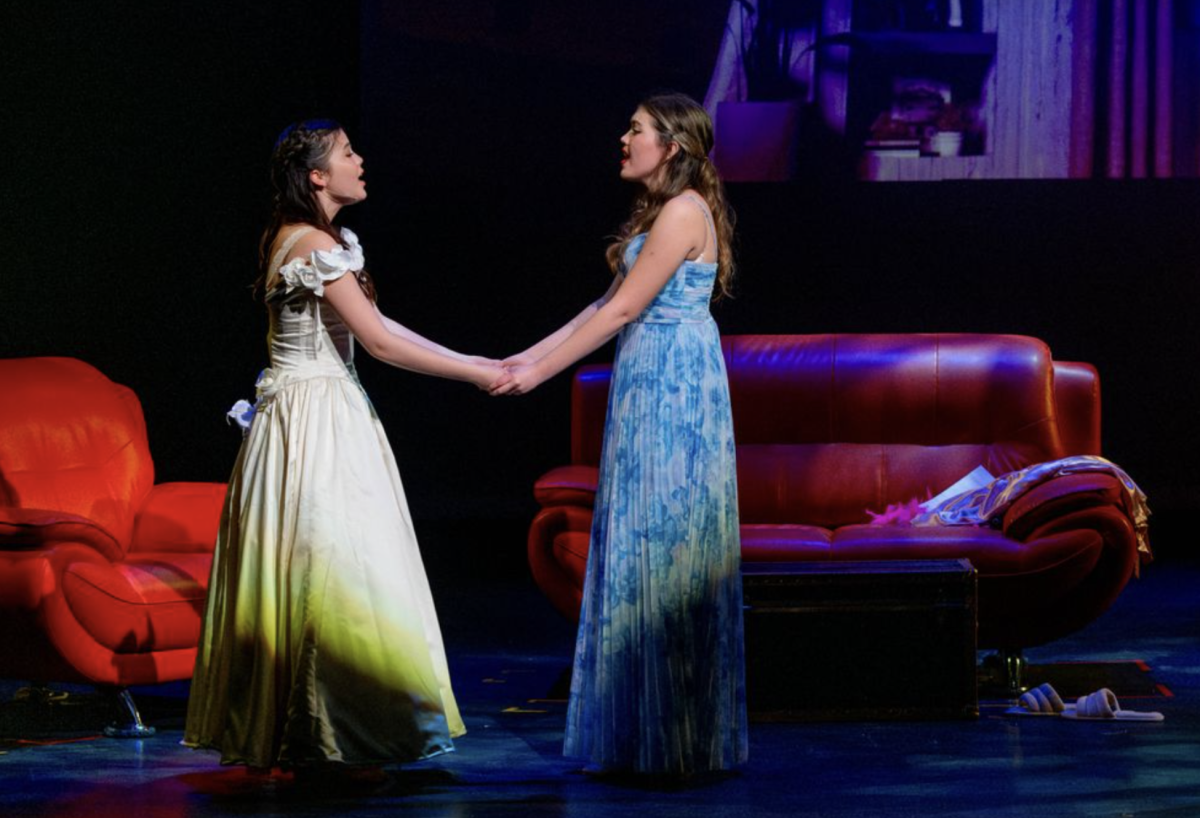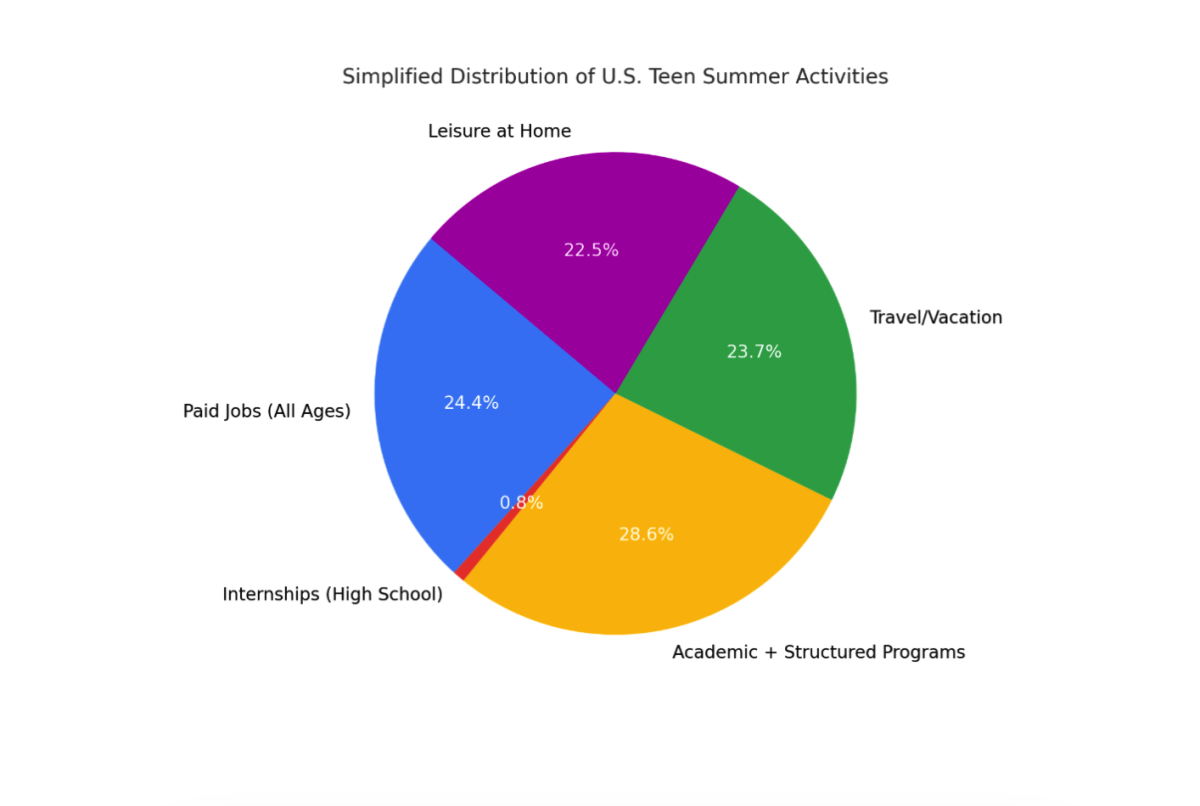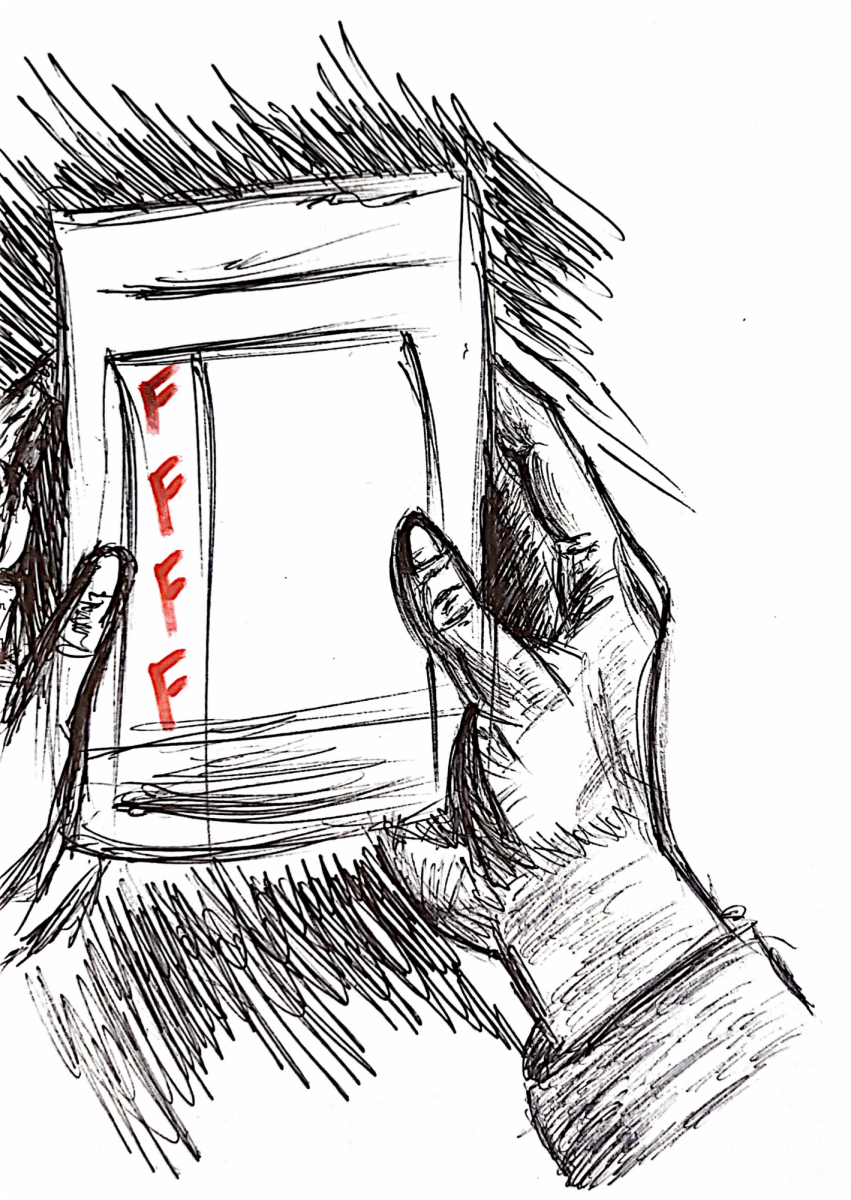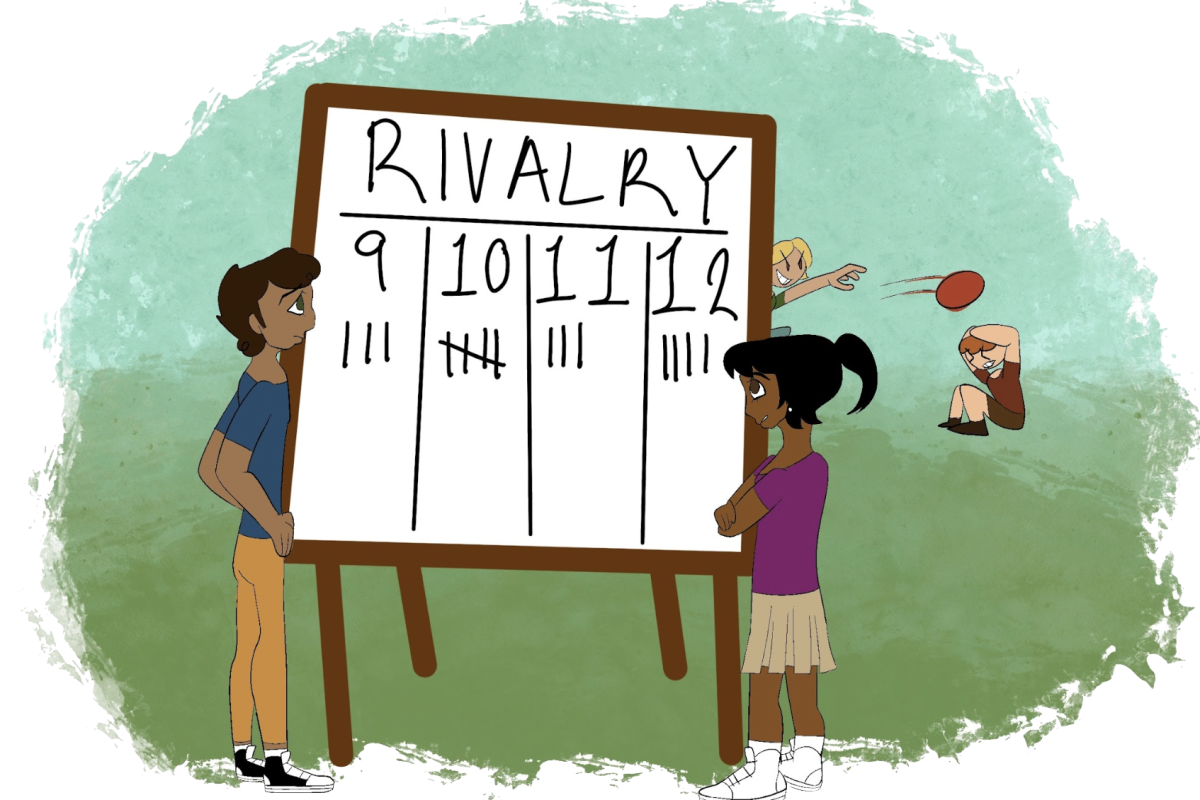In a world where attention spans dwindle to the length of a TikTok video, it’s no surprise that the pace of growing up seems to have hit fast-forward. But as we witness ten-year-olds perusing Sephora aisles for anti-aging skincare products, it begs the question: are kids, specifically young girls, growing up too fast? Stemming from an online joke about stampedes of children buying out retinol products, the prevailing sentiment that Gen Z and Gen Alpha behave inordinately “mature” holds a level of truth.
The prevalence of social media platforms like Instagram and Snapchat has made children, especially pre-teen girls, acutely aware of their appearances at an early age. Social media’s omnipresence, conflated with society’s expectations for girls to display physical and personality traits associated with adulthood, has prompted girls as young as ten or eleven to don full makeup and mature clothing styles, according to a survey by the Renfrew Center Foundation, a non-profit organization dedicated to advancing the education, prevention, research, advocacy and treatment of eating disorders. Acting more adult isn’t just about appearances, though. It’s about children and adolescents grappling with maturity far beyond their years.
From a young age, children are conditioned to think about their futures — college applications, career paths, financial choices. Parents, educators and society as a whole often emphasize the importance of academic success and early planning for higher education. Consequently, even before they reach high school, children feel pressured to excel academically, participate in extracurricular activities and build impressive resumes.
Sophomore Ginny Cheung shared, “I definitely think that, throughout my whole life, my parents and other adults pressured me to succeed by getting ahead. Even my peers who’ve been pushed can inadvertently perpetuate this unrealistic expectation onto our classmates.”
But is this rush toward adulthood detrimental?
The hastening of maturity can yield significant repercussions, especially concerning mental health. The burden placed on children’s shoulders when they feel compelled to match the maturity levels of adults fosters a laundry list of long-term harms, including anxiety and depression. A sense of inadequacy can insidiously infiltrate their minds as they strive to keep pace with a world for which they are not yet equipped, grappling with problems beyond their developmental stage. According to the Child Mind Institute, when children try to manufacture a sense of maturity, they may inadvertently suppress their natural developmental needs and emotional well-being. As an article by the BBC titled “Kids getting older younger: Are children growing up too fast?” notes, pre-teens attempting to bypass certain stages in their development can actually have the opposite effect, impeding their maturation process in the long run.
In a world where societal pressures and cultural influences constantly push children to grow up faster, it’s crucial to hit pause and reflect on the consequences of this phenomenon. It’s idealistic to suggest completely ignoring the looming pressure to present ourselves a certain way; however, there are steps that can be taken to lessen the intensity of this desire to mimic adult behavior.
The onus is less on the companies of “adult” products, but rather on the parents of young children to limit exposure to adult/teenage trends on social media. An over-debated subject, social media is not innately bad, but six- and seven-year-old girls should not run Instagram accounts showcasing their makeup and skincare products. “Get ready with me videos,” a compilation of clips featuring users applying makeup and choosing clothing for the day, have flooded Instagram and TikTok feeds within the last year, inspiring users to film “get ready with me’s” of their own. When the demographic of such videos includes young children, they, too, want to join the trend and emulate the behavior of the influencers they watch and admire. As such, it’s imperative to discourage children from acting unnaturally adult, especially when they should playing with stuffed animals, not mascara.





























